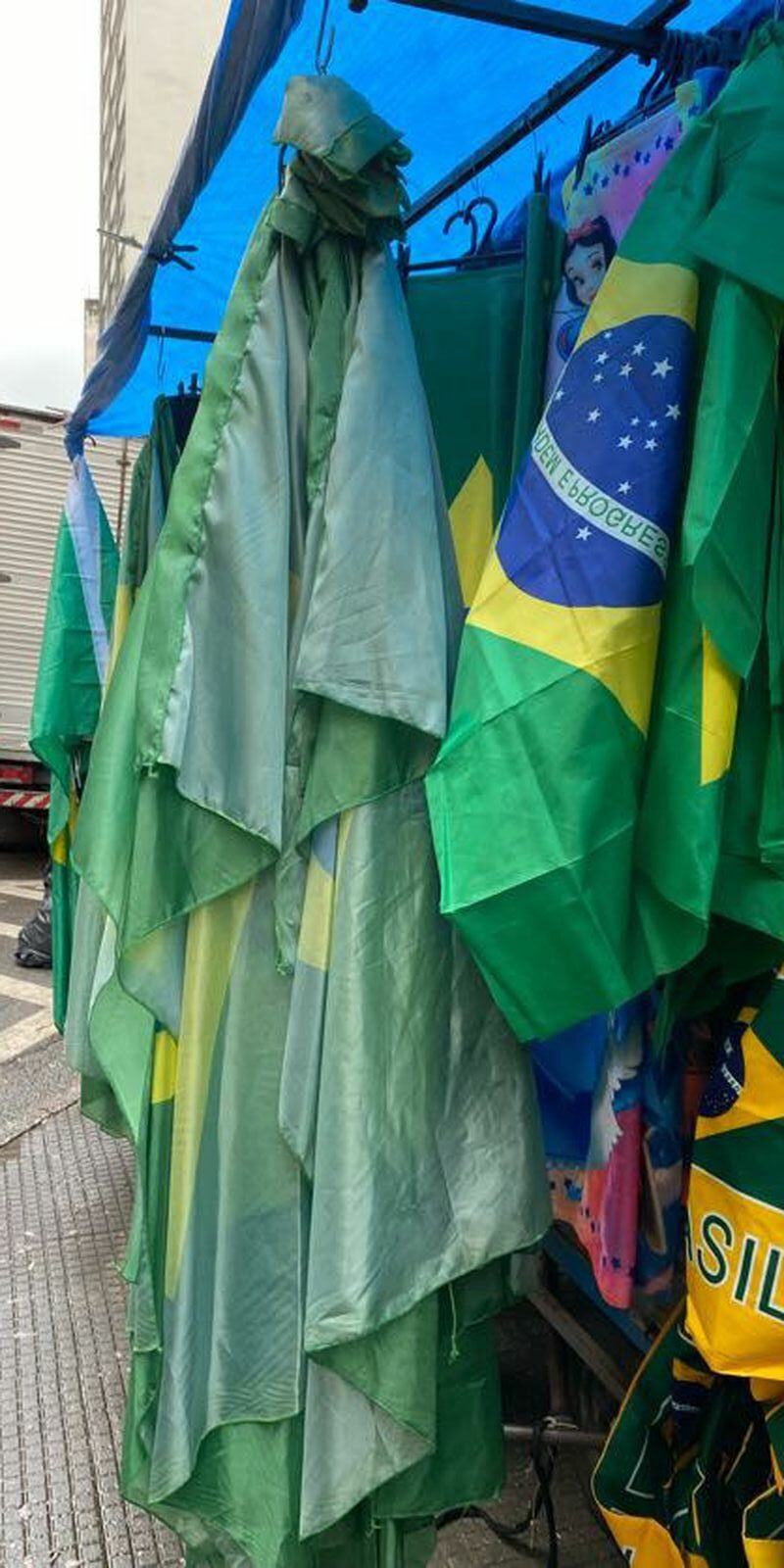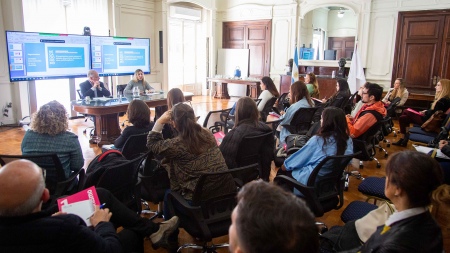In São Paulo’s biggest popular trade, the March 25 region, traders say sales of items for the Qatar World Cup are still weak, but they are expected to pick up in the coming days. The 2022 World Cup will start on November 20th.
Owner of a store specializing in sporting goods, João Abdala stated that he does not see much movement to buy items for the World Cup.
“Our expectation is that sales will start to pick up from the end of this week, after this holiday, I believe that the subject will begin to be talked about a little more, along with the [da seleção] next week. We hope that people will go back to buying like they did in the last Cups,” she said.
For him, the elections may have delayed sales. “This year is a little more, shall we say, late. The World Cup is very close and there hasn’t been much movement yet, probably due to the elections, but now, with the elections passing, we expect sales to intensify a lot”.
With the World Cup approaching, Abdala mainly sells official flags and shirts licensed by the Brazilian Football Confederation (CBF) that cost, on average, R$300.
“We expect to sell around 80% of what we sold in the last World Cup, the expectation is already lower, because this allocation of the event for the end of the year changed what people were already used to. Realistically, it won’t be as good as the last ones, but we’ll work hard to get through it.”
Trader José Valdecir also hopes that the end of the elections will boost sales.
“I believe that now it will reach an average of 80 to 90% more. The ‘policy’ is over, so we expect trade to return to normal. Now he will focus on the resumption of the sale of the shirt of Brazil. A couple of months ago, people were afraid to buy a yellow shirt, now it’s coming back. The people were afraid to wear these shirts, because of the fear of politics that was becoming like a war. I hope this ends in peace, the people want to work”.
A year ago, after losing another business during the pandemic, Valdecir set up a store specializing in football team shirts in a gallery on March 25th. T-shirts cost from R$45 to R$180. “We hope that trade will improve, we are having a very difficult time in this post-pandemic, now that it is picking up. We are waiting for a reaction to be able to pay the bills”.
Clodoaldo Mateus Santos de Souza, who owns an informal shop on Ladeira Porto Geral, in the 25 de Março region, expects to sell 90% more with World Cup items, such as shirts, caps, banners and even pet clothing. Souza sells t-shirts from R$30, the most expensive being R$90.
“Sales are not bad, but they are not what we are used to in the Cup in previous years. And also the public was with this thing that yellow is from a party and, in fact, our shirts, the traditional green and yellow ones, are the colors of our country.”
Loss
Despite the optimism of traders heard by the report, the economist of the Commercial Association of São Paulo (ACSP), Ulisses Ruiz de Gamboa, recalls that the event is not usually good for retail. “The World Cup is an event that, in general, is bad for retail as a whole, because, especially on match days in Brazil, establishments close at the time of the matches and reopen after the end of the game.
Gamboa recalled that, in the 2018 World Cup, according to a survey carried out by Cielo, commerce had a 25% loss in revenue during the first phase of the tournament. “A similar result also occurred in the 2014 World Cup, even though it was held in Brazil, which attracted a significant flow of tourists”.
This year, the Rio de Janeiro Store Directors Club (CDLRio) estimated a loss of revenue of 50% to 70% for commercial establishments. “Obviously, retail sectors such as electronics, especially TVs, in addition to sporting goods and bars/restaurants may register an increase in sales, but this is a one-off phenomenon”, highlighted the economist.
With the proximity of Black Friday, a commercial date with promotions and discounts, sales can make up for the closed days, says Gamboa. “The fact that the World Cup starts less than a week before Black Friday should lead to an anticipation of the offers and promotions that would be offered for these products, which could reduce the losses of the trade”, he concluded.










